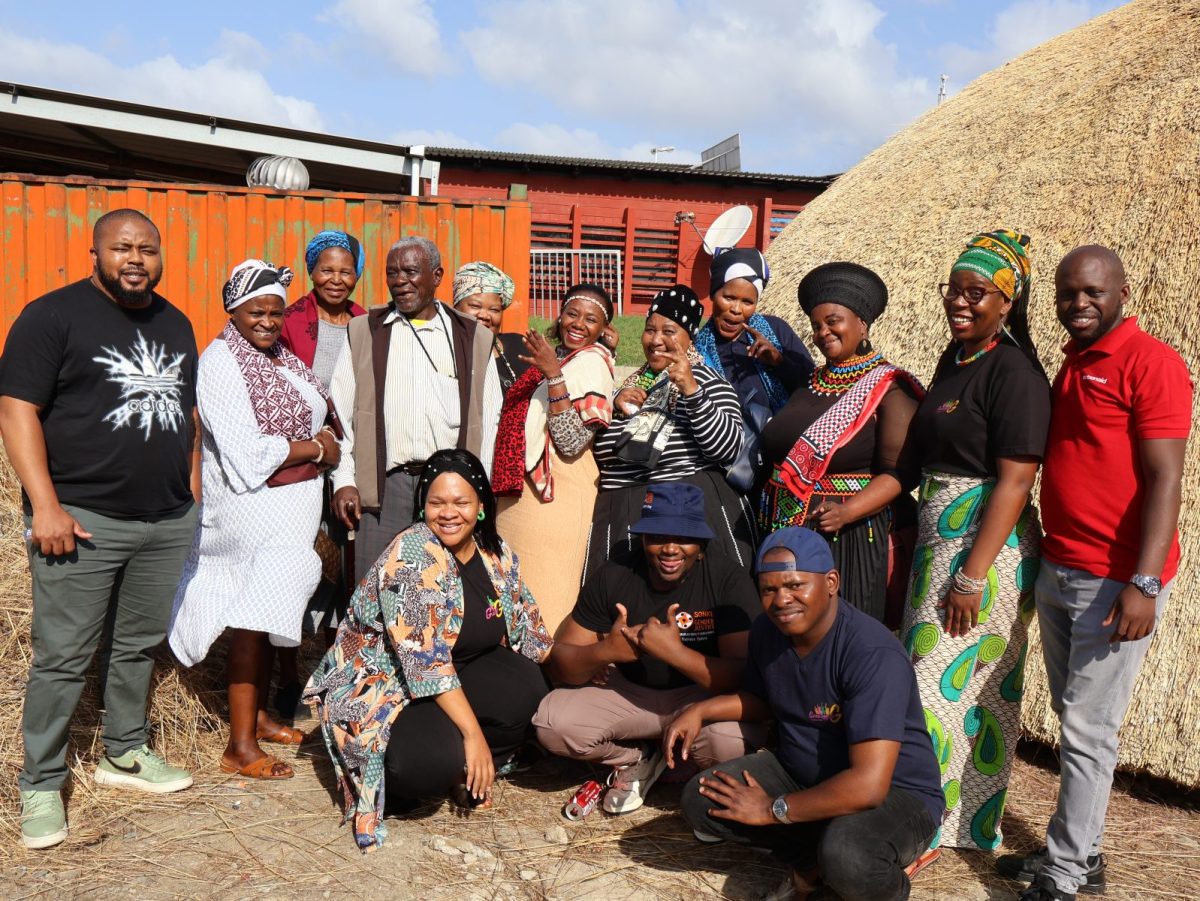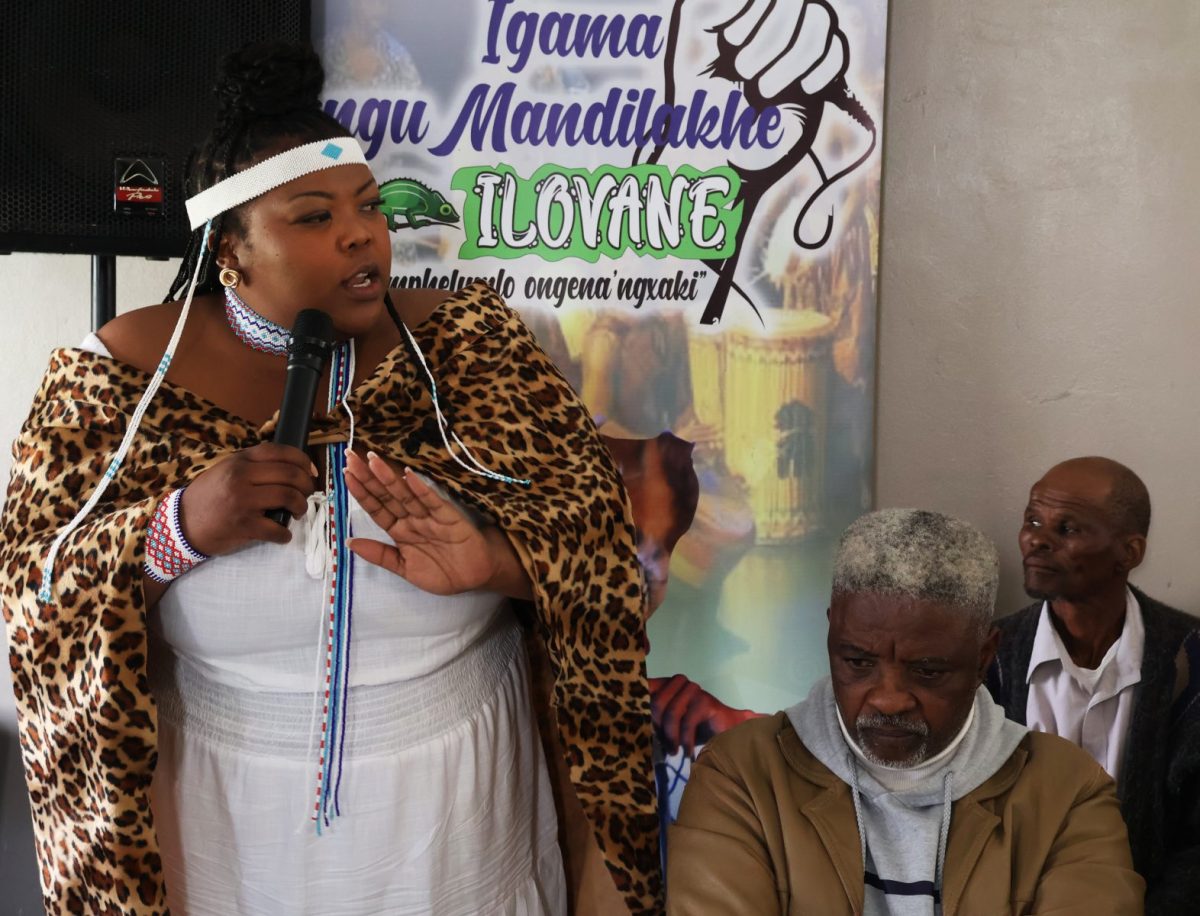Sonke Gender Justice launched the annual #GBVNotMyHeritage campaign under Generation Gender programme, a bold initiative against the normalisation of Gender-based Violence, so deeply rooted in the cultural and religious fabric of South Africa. The in-person campaign was conducted from September the 26th to October 4th at Generation Gender implementation sites in Kwazulu-Natal, Eastern Cape, and Gauteng. The campaign calls on communities, traditional leaders, and religious leaders to take an active stance in condemning GBV in all forms.
The #GBVNotMyHeritage campaign sought to foster open dialogue on the links between religion, culture, and GBV while empowering religious and traditional leaders to play an active role in addressing GBV within their communities. The campaign challenged cultural practices that perpetrate GBV and misinterpreted religious texts, thereby helping to create a fair and just society.

South Africa faces a critical public health crisis with alarmingly high rates of GBV. The South African Medical Research Council reports that the rate of femicide remains high, with 5.5 in 100,000 women killed by an intimate partner between 2020 and 2021. Despite robust laws and policies, GBV continues to plague our society.
“GBV remains a pervasive issue in South Africa, with alarmingly high rates of domestic violence, sexual assault, and femicide,” says Namuma Mulindi, Policy Development and Advocacy Specialist at Sonke Gender Justice. “This campaign thus seeks to dismantle the injurious cultural and religious norms that feed this crisis”, she adds.

One of the root causes of this crisis lies in the deeply ingrained influence of cultural and religious norms that perpetuate gender inequality and discriminatory patriarchal practices. Discussions during the campaign revealed a disturbing trend: the misinterpretation of religious texts to justify abusive behavior and a failure to hold duty bearers, including cultural leaders, accountable.
There was a consensus among participants that there is still a need for more conversations on how religion and culture have been used to normalise GBV if the problem is to be effectively addressed. “We need to ensure religious and cultural leaders in rural communities are invited into spaces where the National Strategic Plan on Gender-Based Violence (NSP-GBVF) is being discussed so that they too can provide their insight and support the fight against GBV,” concludes Mulindi.
Watch highlights here:


